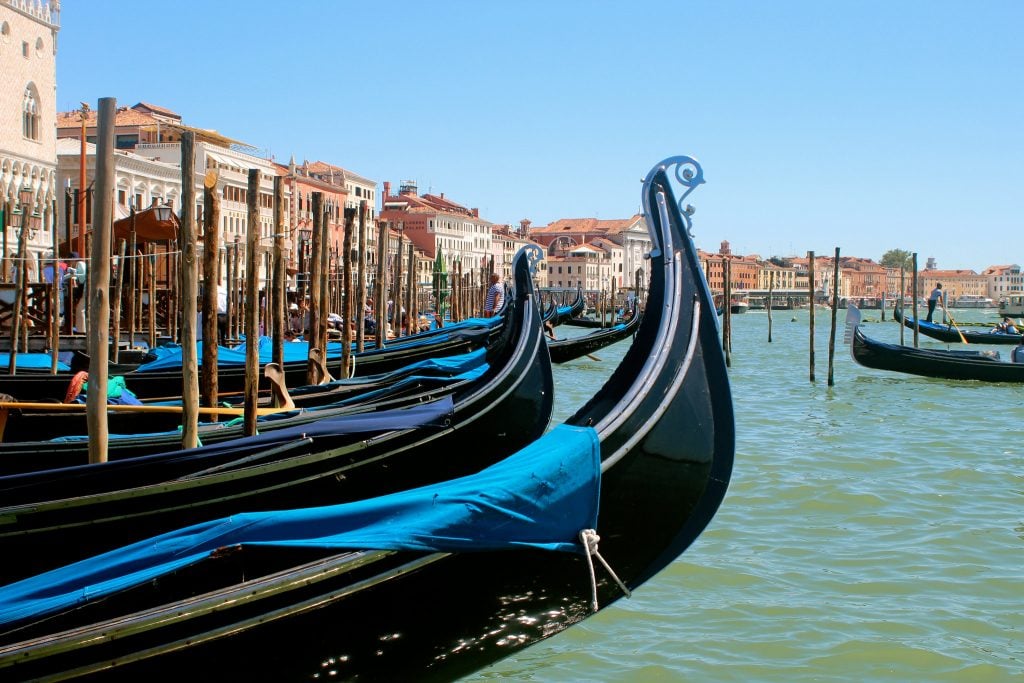Art & Exhibitions
Art Lovers Horrified as Venice Mayor Threatens to Sell Art to Close Budget Gap
The mayor says the city is "all but broke."

The mayor says the city is "all but broke."

Eileen Kinsella

According to a recent story in the Wall Street Journal, the nascent mayor of Venice, Luigi Brugnaro, is eyeing some of the local museums’ treasures as a potential way to cope with budget gaps. As a result, work by artists such as Gustav Klimt and Marc Chagall could be going under the hammer.
“I’ll sell the paintings rather than sit here and admire them while rain drips onto children’s school desks and public libraries have no toilet paper,” Brugnaro is quoted as saying in the report, seemingly unfazed by the reactions of outraged art lovers and politicians in Rome.
Paintings such as Austrian painter Klimt’s Judith II, Brugnaro says, “don’t belong to the city’s history and tradition.”
Brugnaro told the Journal, Venice “is a city like no other. It’s special. We need far more money to run it.”
According to the report, maintaining the “centuries-old floating masterpiece is a nightmare for its government. It faces exorbitant costs to deliver basic services, repair the fragile city’s infrastructure and sinking foundations from the erosion caused by daily tides and salty sea water, and cope with 23 million tourists that descend on the tiny metropolis each year.”
It is unclear whether the mayor is free to sell off works as he pleases or if he could face sanctions or other repercussions. Museums in the US that adhere to guidelines established by groups like the American Association of Museums (AAM) or the American Association of Museum Directors (AAMD) are only permitted to sell art when the funds raised are earmarked for future acquisitions. Proceeds realized from sales of art must not be directed towards operating costs.
The topic of selling art to bail out a city proved to be an extraordinarily contentious one for the Detroit Institute of Arts during Detroit’s bankruptcy proceedings, when the mere mention of valuing the institution’s collection—or raising the issue of which entity exactly owned the works—sparked an uproar. Fortunately the city came up with a restructuring plan before a single artwork was touched.
Let’s hope Venice sees the same outcome.